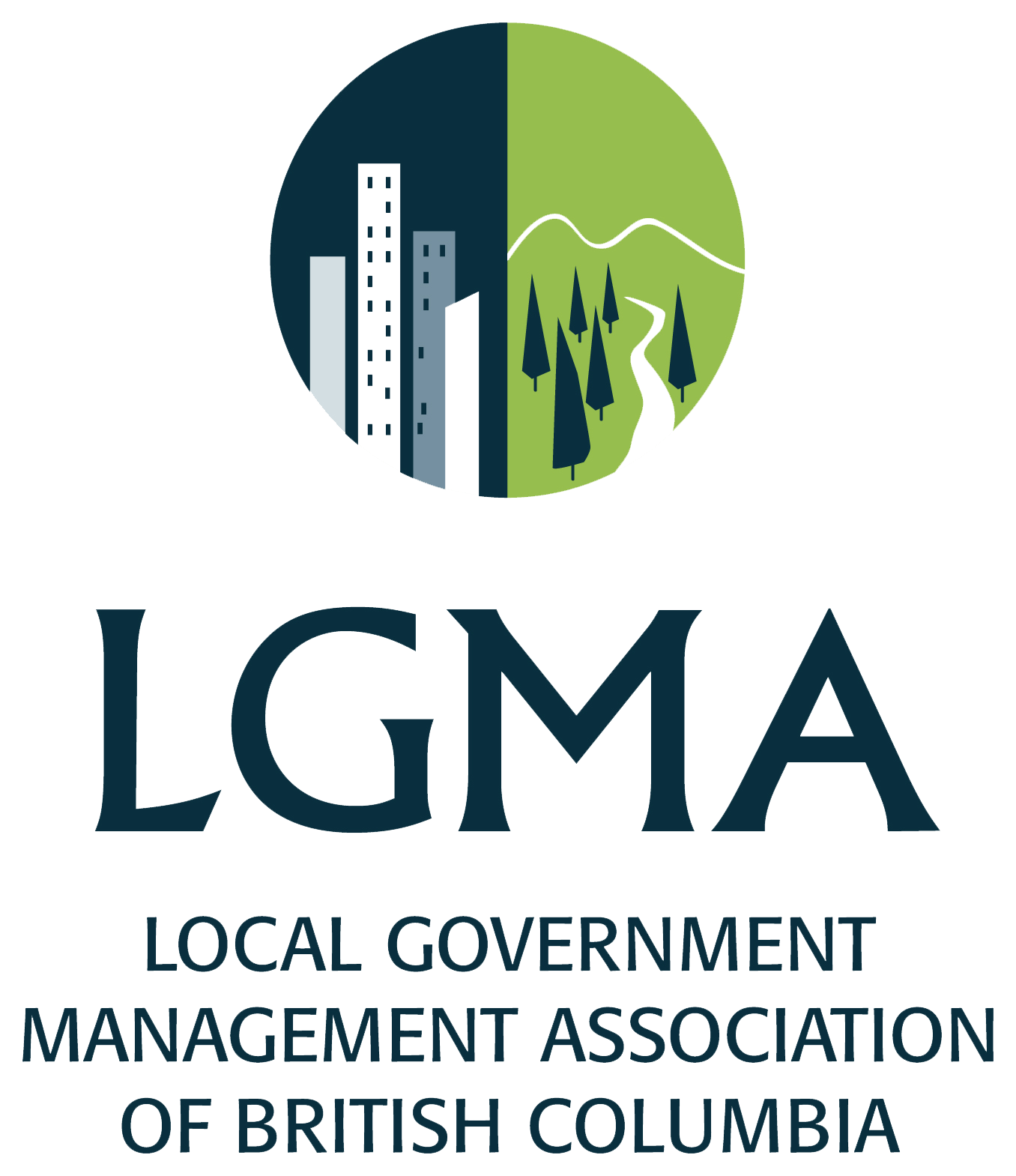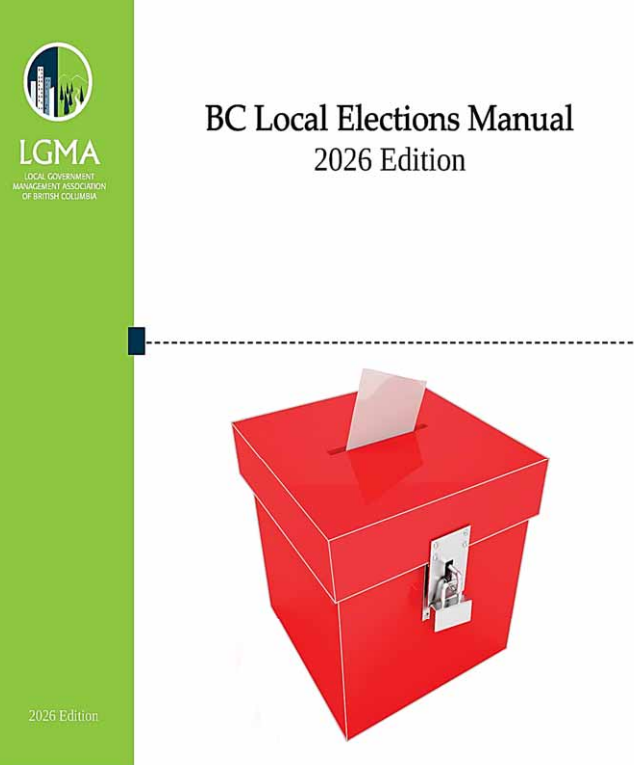News Archive
Our thoughts are with Tumbler Ridge We at the LGMA are deeply saddened by the tragic events that took place on February 10 at Tumbler Ridge Secondary School. We extend our heartfelt condolences to the families and loved ones of those who lost their lives, to those who were injured, and to everyone in the community who has been impacted by this unimaginable tragedy. Our thoughts are with the residents of Tumbler Ridge as they navigate this profound loss. Our hearts are with the District of Tumbler Ridge, first responders, emergency personnel, mental health providers, and all those who are caring for the community during this incredibly difficult time. Please know that you are not facing this tragedy alone. Local governments across the province are holding you in their thoughts, grieving alongside you, and hoping for healing in the days ahead. We also recognize the trauma experienced by survivors, school staff, and all those supporting the community’s response and recovery. For local and First Nations government staff who may be personally affected or involved in response efforts, mental health resources can be found on our website . Our thoughts are with Tumbler Ridge.
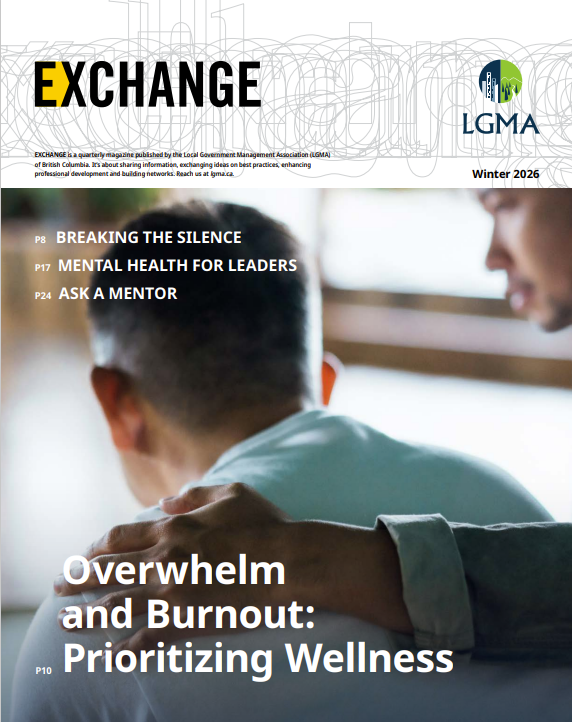
Winter 2026 Exchange Magazine - Overwhelm and Burnout: Prioritizing Wellness The winter 2026 issue of Exchange magazine, " Overwhelm and Burnout: Prioritizing Wellness ,” is now available. This edition explores the important skill of learning how to manage stress before it leads to burnout. Instead of the usual case studies you see in Exchange, three experts share their deep insights into the many facets of mental health. You’ll hear from a former local government leader with firsthand experience of harassment and bullying and the toll it took on their mental health. Executive Coach Barry Forward shares insights into the challenges facing leaders across B.C. and strategies to support personal mental health in a high-stress environment. And HR specialist Denise Lloyd discusses why leaders need to commit to long-term, ongoing mental health support strategies in the workplace and how to do it. We have a packed edition to add to your winter reading list.
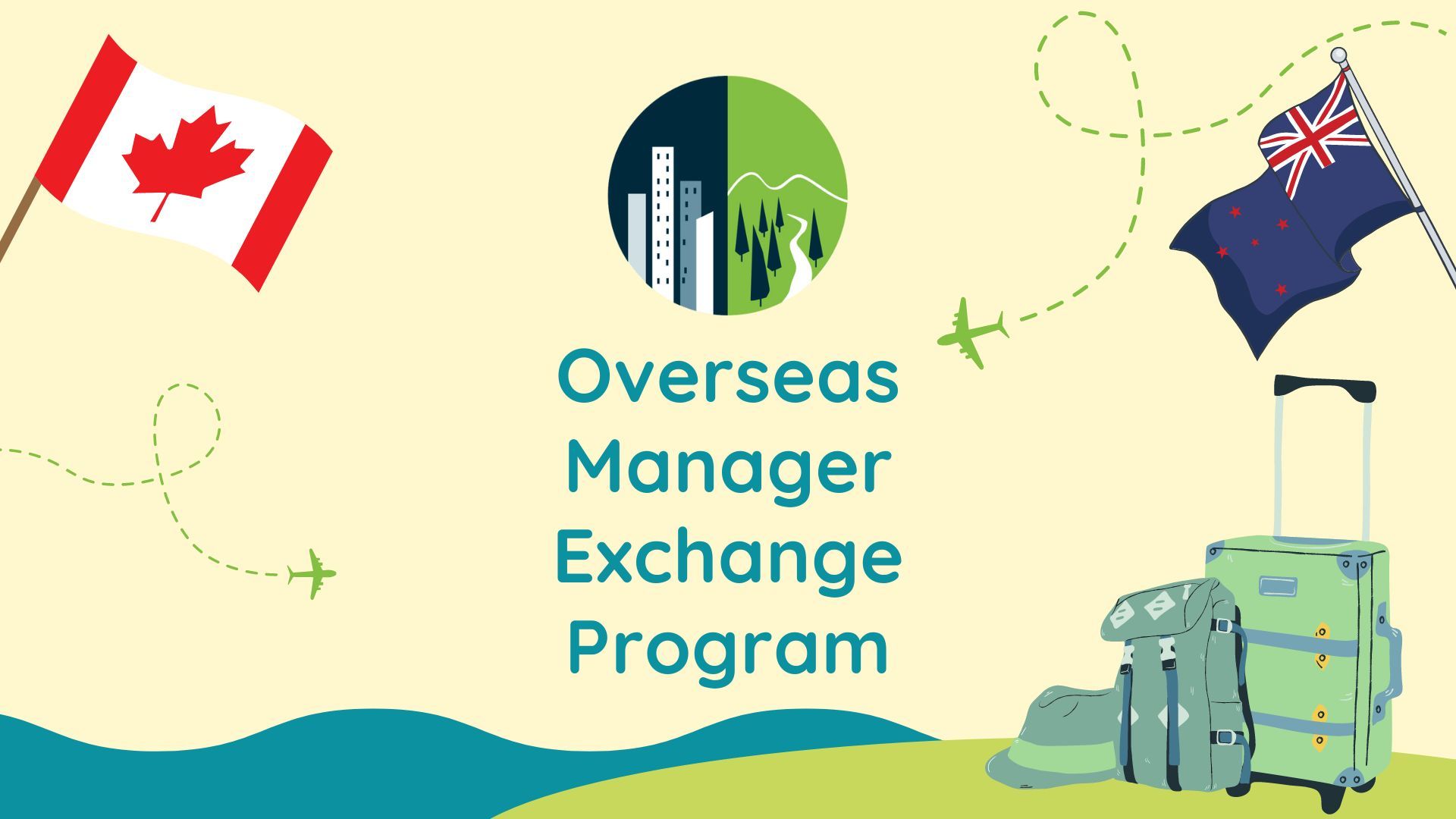
Aotearoa New Zealand Exchange Report Last year, Linda Glenday, CAO for the District of Squamish, was selected as the successful applicant for LGMA’s 2025–2026 Overseas Exchange Program . Representing British Columbia, she attended the Taituarā Conference in Aotearoa New Zealand in September 2025. In June 2026, she will host her exchange partner, Jenni Cochrane, Group Manager Customer Experience, Matamata-Piako District Council. Linda’s full report on her experience is now available on the LGMA website.
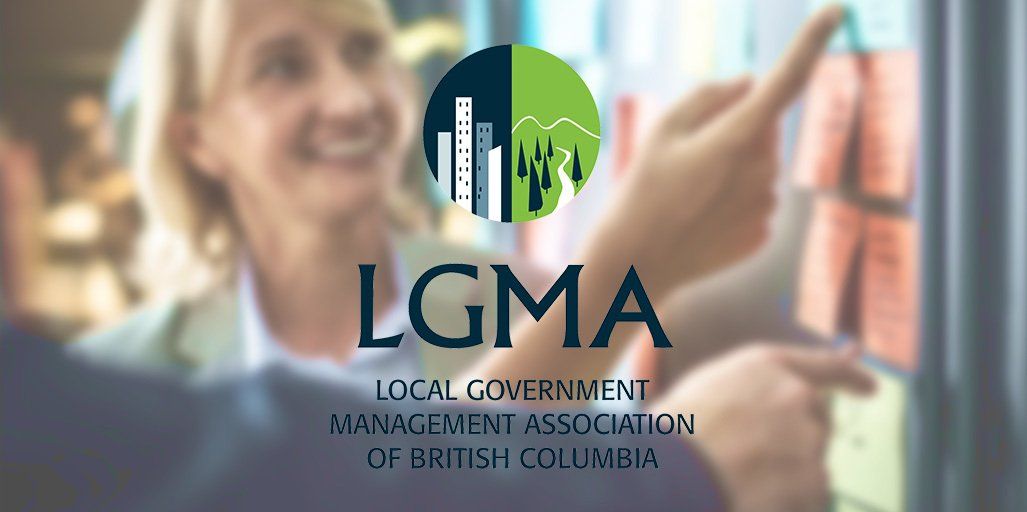
Advanced Supervisor Essentials Online Course This course will be offered in our 2027 workplan. Please reach out to office@lgma.ca to join the interested list, or if you have any questions. Are you a manager or supervisor with leadership experience who would like to expand your skillset as an effective leader? Are you an experienced manager who would like to develop as an authentic leader capable of increasing your teams’ capacity through coaching and effective conflict management? Articulate your leadership vision and values to develop resiliency and lead with presence. Identify essential coaching skills to engage and sustainably support your team, and lean into conflict management for enhanced collaboration, inclusion, and psychological safety at work. Learn new strategies emphasizing application and practice to cultivate a positive work environment, encourage growth within your team, and foster connectivity across differences. This online course utilizes blended learning, combining self-paced activities with three 90-minute facilitated online webinars with Q&As and an overview of the assignments. Participants attend the webinars, review additional self-paced content, and complete their assignments for each session. See detailed session descriptions below. Review the 2025 course brochure .

Approving Officers Virtual Workshop April 30 and May 1, 2026 Registration is now open Statutory Approving Officers or others working in BC local government responsible for processing subdivisions are invited to join local government experts and practitioners for two half-days specifically designed to support them in their role. This engaging and interactive learning opportunity is aimed at both new and seasoned Approving Officers working in BC local government. Receive practical training on timely topics, including the latest legal updates, get answers to your questions from experienced professionals and Approving Officers committee members, and connect with your peers to strengthen your network. Workshop Dates: April 30, 8:30 a.m. - 1:00 p.m. PDT May 1, 8:30 a.m. - 12:30 p.m. PDT Fees: $418 + GST (members), $478.50 + GST (non-members) Register online before April 16, 2026 . Cancellations: Cancellations are accepted before April 16. No refunds will be provided after April 16, 2026. Eligibility: Registration is reserved for those who work in a BC local government or First Nations jurisdiction, and are the Statutory Approving Officer, Deputy, or the primary person responsible for the evaluation of subdivision applications in their organization. Provincial approving officials are welcome. Digital Release: Photos of participants may be used for the purposes of LGMA educational and promotional material and publications, including future website or social media materials and promotions. Video recordings of speakers may be utilized in future educational programming, and though your comments will not be utilized, your image may appear on Zoom if you were a participant in the session. Please email office@lgma.ca if you DO NOT CONSENT to your image being used for this purpose. Sessions can be used towards Continuous Professional Learning credits. Please note: The program is still being developed. The schedule will be updated as more speakers and topics are confirmed.

Bylaw Drafting Online Course January 13, 20, and 27, 2026 (three modules) Tuesdays, 10:00 - 11:30a.m. or 2:00 - 3:30p.m. Registration is closed for 2026. Please review the following information for reference only. Join the interested list. To increase access to this high demand course, the LGMA is offering a dual-cohort model. Cohort 1 : 10:00 - 11:30 AM PST Cohort 2 : 2:00 - 3:30 PM PST Registrants can access the same course content in either the morning session (Cohort 1) OR the afternoon session (Cohort 2), subject to availability. Please select only one cohort time slot when registering. Course Information This interactive, fully online course has been developed for staff whose job requirements currently include bylaw drafting and bylaw amendments. Do you want to improve your bylaw drafting skills with practical training and hands-on exercises? Then this program is for you! Join Lisa Zwarn for three facilitated, interactive modules and learn how to develop a comprehensive bylaw. January 13 Module 1: Getting Started (webinar and assignment) January 20 Module 2: Constructing Bylaws (webinar and assignment) January 27 Module 3: Putting the Finishing Touches (webinar and assignment) *Final assignment is to be completed by February 2, 2026. Each interactive webinar is a 90-minute facilitated online with Q&As and an overview of the assignments. Participants will have five days to complete their assignments for each module and will receive written feedback and coaching. Review the 2026 brochure . Eligibility: B.C. local government employees whose job requirements currently include bylaw drafting and bylaw amendments are eligible to register for this course. Registrants who wish to attend but do not meet the criteria should contact us at office@lgma.ca before registering. Cancellations: No refunds will be provided after January 5, 2026.

CAO Connect Lunch Series April 10 and November 13, 2026 12 – 1:00 p.m. 2026 registration now open Registration Eligibility Requirements: You must be a CAO or board/council-appointed Deputy CAO for a local government organization in order to register for this complimentary lunch series. A complimentary LGMA-hosted lunch hour discussion is being offered to CAOs who want an informal space to connect with peers and gain support and advice for the challenges faced on a day-to-day basis. This virtual opportunity is inspired by the historical efforts of local government leaders who have sought to create informal opportunities for CAOs, by CAOs. Bring your own lunch and take advantage of the wisdom of your peers while you strengthen your professional networks in a safe, supportive environment. The CAO Advisory Committee, with the support of the LGMA, has identified the need to build on previous efforts by local government leaders to strengthen informal networking opportunities for CAOs by hosting a virtual space for CAOs to connect with their peers and engage in collaborative problem-solving. The CAO Advisory Committee and the LGMA acknowledges the incredible work that has been done by past leaders to hold space for these important gatherings and recognizes that this work would not be possible without such a solid foundation upon which to build. The Committee noted CAOs are faced with significant challenges and mounting stressors and would benefit from a virtually accessible peer discussion network. The accessibility and technological familiarity gleaned over the past year affords CAOs the opportunity to connect with their peers for informal discussion without travel constraints or significant commitment. Submit your suggested discussion topics, questions, or challenging scenarios in advance on the CAO Lunch Hour Connect Series form . Complimentary registration is online for all sessions, for CAOs or board/council-appointed Deputy CAOs. Attend one or all with one registration. Registration will close 5 days prior to the scheduled lunch series date. For more information contact Candace Witkowskyj, Executive Director at cwitkowskyj@lgma.ca
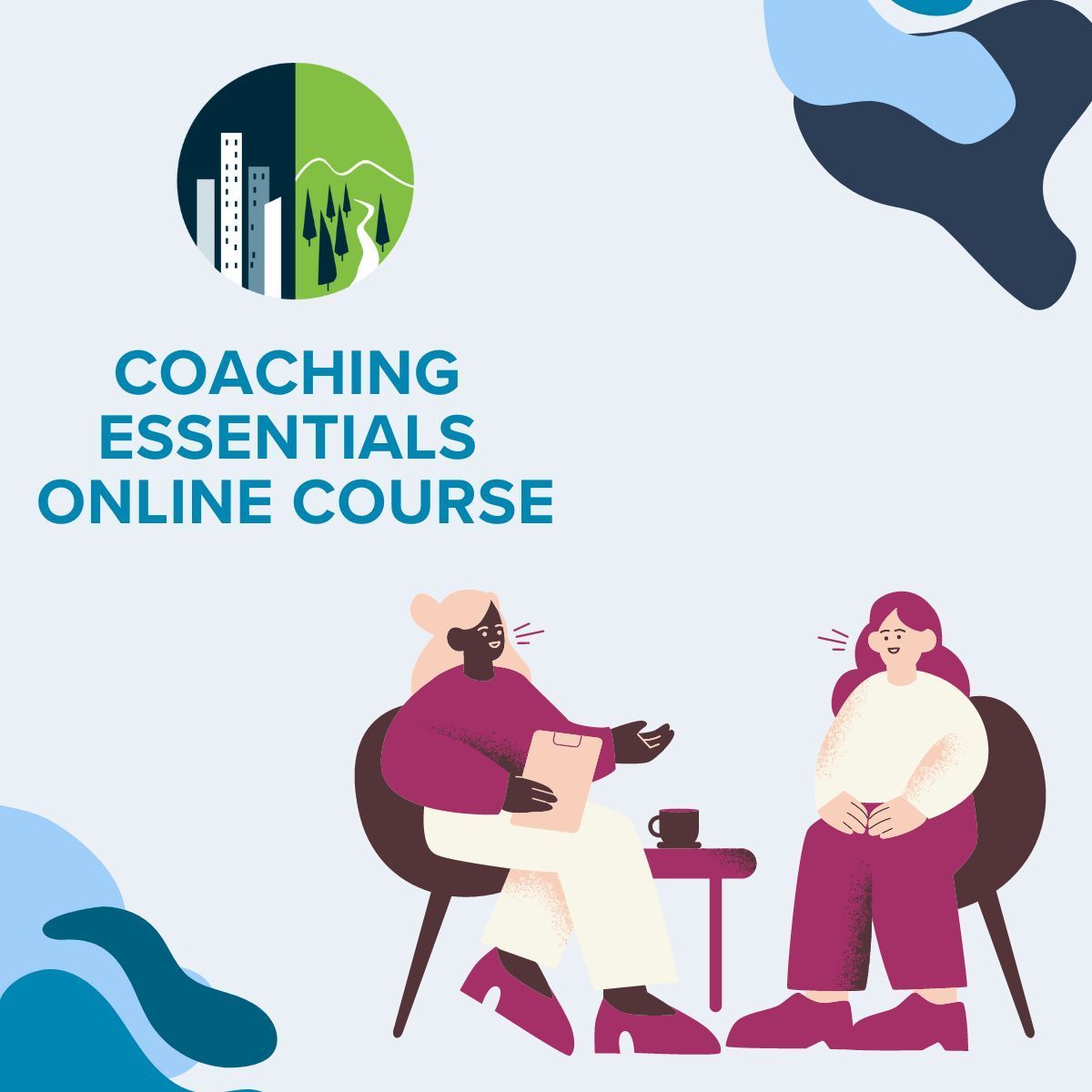
Coaching Essentials Online Course October 7, 14, 21 and 28, 2026 4 online modules, Wednesdays, from 10 - 11:30 a.m. Registration is not yet open for this course. Please review the following event information for reference only. Join the interested list In the Coaching Essentials Online Course, you will learn how to apply coaching techniques such as active listening, paraphrasing, and powerful questioning to real-life scenarios to heighten your learning. Increase engagement, innovation, and develop inclusive coaching strategies in this exciting new course. Learn how to apply coaching in the local government context, such as in performance and development conversations, and to create a meaningful, inclusive, and engaging culture. This course will provide you with essential coaching skills to help navigate complex situations, manage conflict, and facilitate constructive dialogue. This online series includes four x 90-minute live webinars, including one webinar to practice, apply, and reflect on utilizing coaching techniques. Attend webinars, complete self-paced activities, and review additional resource material to sustain learning. September Pre-work available on Moodle October 7 First webinar and assignment – Coaching Approach Octo ber 14 Second webinar and assignment – Coaching Techniques Octo ber 21 Third webinar and assignment – Coaching in Action Octo ber 28 Fourth webinar and assignment – Coaching Through Conflict Review the 2025 brochure for reference only . Registration & Cancellation Policy: Registration is limited to local government professionals. No refunds will be provided after October 22, 2025.

